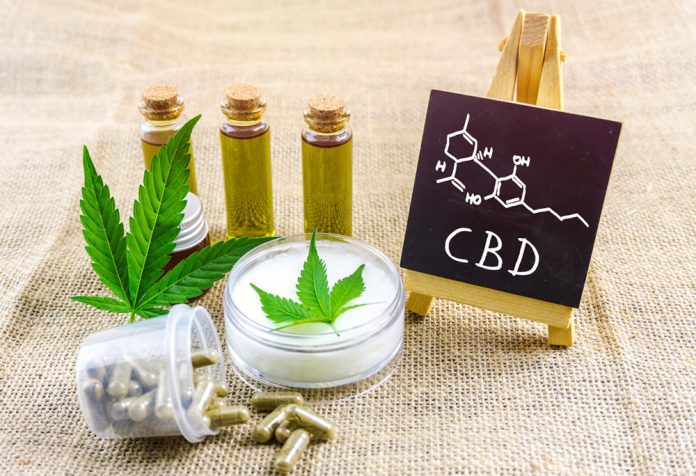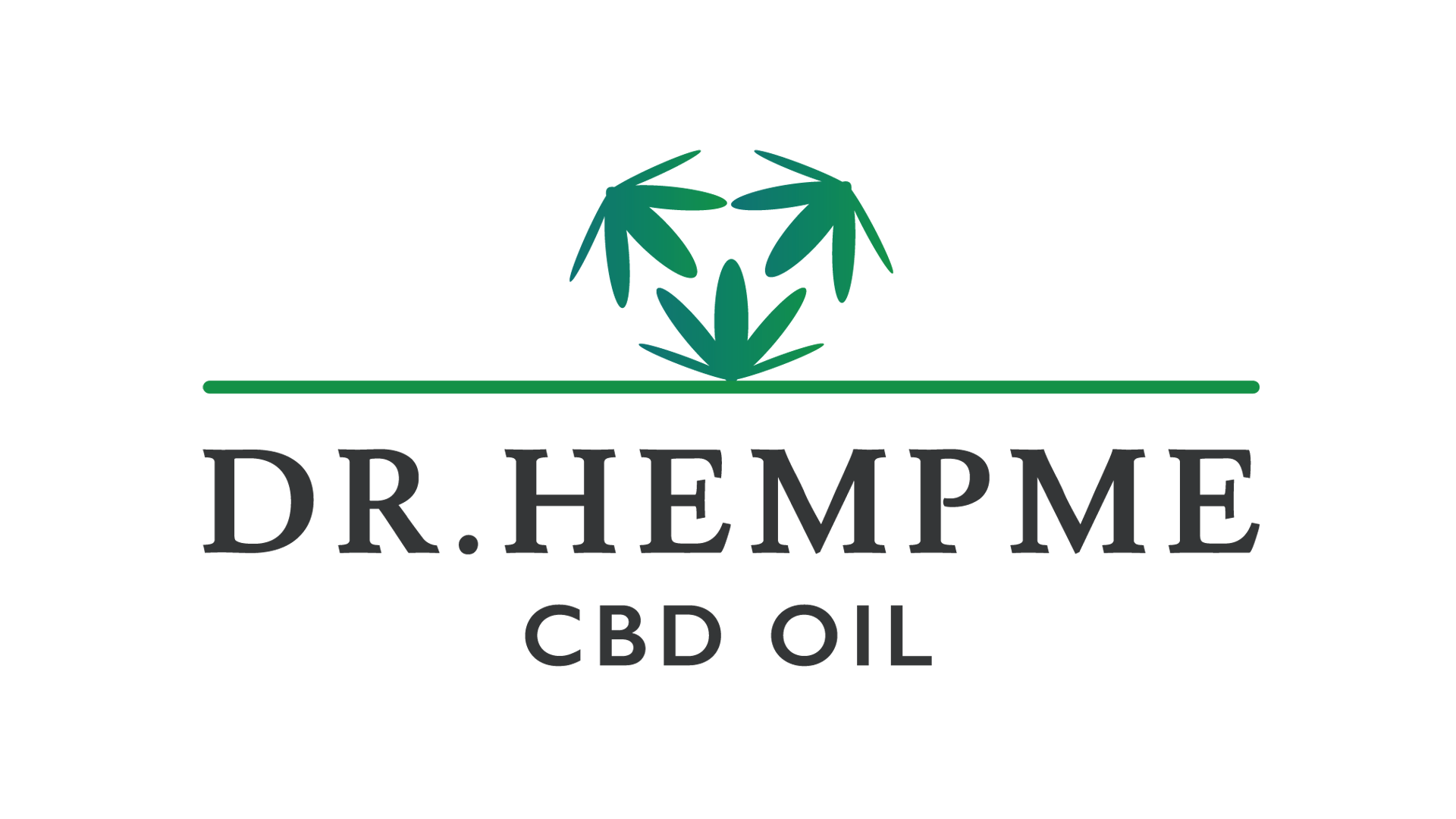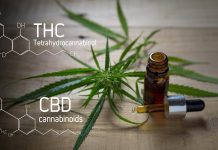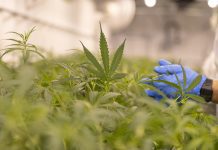
You may not know, but countries throughout Europe have their own individual laws and regulations surrounding cannabidiol (CBD).
The legal status of this hemp-derived compound varies greatly from one country to another regarding the sale, consumption, and production of CBD products.
Most European nations see CBD products as legal, provided they contain no more than trace amounts of tetrahydrocannabinol (THC – the psychoactive compound in cannabis). Each country in Europe outlines their own specific THC limit regulations and unique regulations.
Here in this article, we will explore the varying laws from country to country to give you all the knowledge you need about CBD legality in the European landscape.
Want to know where CBD is legal? Let’s begin.
Countries with more lenient CBD regulations
Switzerland
Here regulations allow for the market sale of CBD supplements with THC levels below 1%. This might seem low to some, but it is the most lenient regulation in Europe, higher than most other European countries. This generous limit resulted in the growth of a successful CBD market throughout the country.
Italy
Italy stands apart from European norms by permitting the sale of CBD products with a THC allowance of 0.6% or less. This contrasts with many other European countries that follow a tolerance of 0.2% THC. New proposed laws could prevent the sale of CBD products derived from hemp flowers, however, which may impact the CBD market there negatively.
The Czech Republic
This European country maintains a liberal framework when it comes to cannabis-related goods. CBD products remain legal on the market as long as they have THC concentrations below 0.3%.
Germany
Germany allows the sale of CBD products which contain THC at levels below 0.2%. The German Government is progressing with its cannabis legalisation as they review proposals that would permit residents to possess 30 grams of marijuana and grow up to 3 cannabis plants at home for personal use.
Poland
Like Germany, CBD products can be sold and consumed once they contain 0.2% THC or less. The CBD market in Poland is expanding, and customers can find a wide range of CBD products, such as oils, capsules, and edibles.
Countries with moderate CBD regulations
France
France allows CBD products once the THC concentration remains under 0.3%. However, they are strict regarding CBD flower derivatives, which are not permitted for sale to smoke or use for tea. The French strictly enforce their THC limit law through regulations.
Ireland
Ireland sits in a legal grey area as, technically, the Misuse of Drugs Act 1977 classifies all cannabis-derived substances containing THC as illegal. However, for many years, CBD products have been sold openly in Ireland once the THC limit is under 0.2%.
There is also a regulation regarding the way in which the CBD content in a product is extracted from the hemp plant. Irish legislators insist this process should be ‘cold-pressed’ while a more commonly used method is C02 extraction.
There is a thriving CBD market in Ireland paving the way for more clear, lenient allowances in the near future.
Malta
In December 2021, Malta became the first EU country to legalise personal cannabis use and cultivation for over 18’s. Residents can carry up to 7 grams each and grow up to 4 plants per household. The law also allows non-profit cannabis associations (Cannabis Clubs) to distribute cannabis to locals under specific rules.
Despite this progress, the laws surrounding CBD oil and other products are unclear. While products with less than 0.2% THC are legal, CBD flowers are still in a grey area. Officials and authorities have been known to treat CBD flowers as ‘controlled cannabis’, which has led to calls for clearer regulations to distinguish CBD flower (naturally low THC levels) from high-level THC cannabis.
For both businesses and consumers, it seems that clarity would be most welcome, but it has yet to be established.
Sweden
CBD products in Sweden are permitted for sale when they contain no trace of THC, regardless of product type. Consuming any CBD supplements here means strict adherence to regulations that forbid THC concentrations within products.
Countries with stricter CBD regulations
Slovakia
Slovakia was historically one of the few European countries where CBD was entirely illegal, that was until 2021. That year, CBD was removed from the list of psychoactive substances, making its sale legal under certain conditions. However, the market in Slovakia remains heavily regulated.
Lithuania
This European nation allows the sale of CBD products with THC levels under 0.2%. However, there are strict regulations in place, and the sale of CBD supplements is monitored by regulators and authorities.
Latvia
Here, CBD products are allowed for sale and use as long as they do not exceed 0.2% THC levels. Clear regulations surrounding the sale and use of CBD products are in place for residents and visitors to follow.
Countries with unclear rules around CBD
Spain
Spain allows the sale and use of CBD products but conditionally. They can be sold but only if labelled as cosmetics for topical use. As with other countries, the legal environment is unclear, as other CBD products, such as CBD oils and capsules, are not permitted for sale or use.
Belgium
Belgium has strict regulations regarding CBD – while CBD oil and similar products are technically illegal, they are still available in stores, and enforcement is not strict. The country allows the purchase of CBD from a qualified pharmacist if prescribed by a doctor.
Russia
Russia prohibits all cannabis products, including CBD, regardless of THC content levels. Possession, sale, or purchase of any CBD products is illegal in the country, so it is strongly advised not to bring your supplements to Russia if travelling there.
What should we take from this list?
From this collection of varied regulations and rules, it is important to be mindful of your potential use and purchase of CBD products in certain countries in Europe.
When travelling from a country that sells CBD oil and edibles, it is important to check the laws of the country you are travelling to. As is clear from this extensive list, there is one rule for one country and a lot of different regulations for others.
If taking your supplements with you abroad, double-check the laws and make sure you have all product labels available for viewing. If you have access to a laboratory test report from a trusted supplier, even better.








